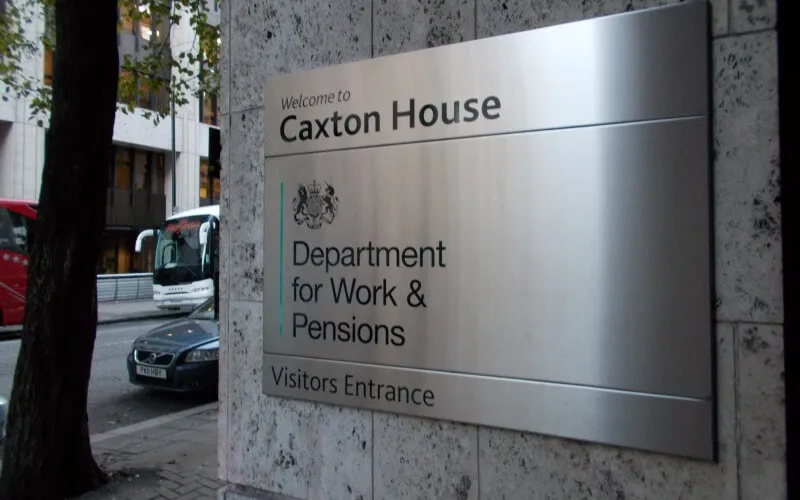Only about one in five of the disabled and other unemployed people receiving support from the government’s new work programme have so far secured a “job outcome”, according to official statistics.
It is the first time the Department for Work and Pensions (DWP) has released figures showing how successful its new Work and Health Programme (WHP) has been in securing paid jobs for disabled people and others seeking work.
But the figures show that, for the 1,360 people who began to receive support through the programme in January 2018, after 13 months only 270 of them (or 19.9 per cent) had secured a job outcome (defined in most areas as 16 hours per week for 26 weeks at minimum wage, or six months in self-employment).
Of the 2,840 people who started in February 2018, 470 have a job outcome after 12 months’ support (16.6 per cent).
Despite the release of the “job outcome” statistics, the publication does not show how many disabled people have secured work through the programme.
Under the Work and Health Programme, people are referred by jobcentres to receive support from organisations from the public, private and voluntary sectors, which are paid extra when that person achieves a job outcome.
About four-fifths of those receiving support through the programme have been disabled people, since its roll-out across England and Wales began in November 2017.
The other groups receiving support are those who are long-term unemployed – the only participants whose involvement is mandatory – and those DWP calls the “early access” group, which includes care leavers, carers, refugees, homeless people, survivors of domestic violence and ex-members of the armed services.
In all, there have been 51,490 starts on the programme, with 3,140 job outcomes (a proportion of just 6.1 per cent), although this will rise as many participants have not been on the programme long enough to qualify as a successful employment outcome.
Ken Butler, welfare rights and policy adviser for Disability Rights UK, said the job outcome rate did not appear to be “a notable success”.
He added: “Given that the WHP is only accessible by three groups of claimants – the ‘disability group’, the ‘long-term unemployed group’ and the ‘early access group’ – it would seem daft for the DWP not to monitor how many from each group achieve job outcomes.
“How else will it be able to see how well the WHP is performing for any or all of these groups?”
The Work and Health Programme is part of the government’s Improving Lives work, health and disability strategy, which has been criticised for its “cruel and disastrous” emphasis on “work as a cure”, the placement of employment advisers in health services, and the continued use of benefit sanctions to “punish” disabled claimants.
A DWP spokesperson said: “Our Work and Health Programme is part of our wider commitment to ensuring every disabled person who wants to work can do so.
“The Work and Health Programme is targeted at individuals who face significant barriers to gaining employment – and need longer-term support – and therefore it is not surprising that at this stage in the programme the numbers achieving a job outcome are low.
“Those starting the Work and Health Programme more recently have had a shorter time to achieve a job outcome and therefore it is not meaningful to divide job outcomes by the number of starts.
“For example, the cohort of starts from December 2017 have only completed 14 of a possible 21 months of the programme.
“As we investigate and quality assure our data we will release further breakdowns of our statistics where possible.”
A note from the editor:
Please consider making a voluntary financial contribution to support the work of DNS and allow it to continue producing independent, carefully-researched news stories that focus on the lives and rights of disabled people and their user-led organisations.
Please do not contribute if you cannot afford to do so, and please note that DNS is not a charity. It is run and owned by disabled journalist John Pring and has been from its launch in April 2009.
Thank you for anything you can do to support the work of DNS…

 ‘Disastrous’ cuts bill that leaves legacy of distrust and distress ‘must be dropped’
‘Disastrous’ cuts bill that leaves legacy of distrust and distress ‘must be dropped’ Silence from MP sister of Rachel Reeves over suicide linked to PIP flaws, just as government was seeking cuts
Silence from MP sister of Rachel Reeves over suicide linked to PIP flaws, just as government was seeking cuts Disabled people receiving care were ‘ignored by design’ during the pandemic, Covid inquiry hears
Disabled people receiving care were ‘ignored by design’ during the pandemic, Covid inquiry hears